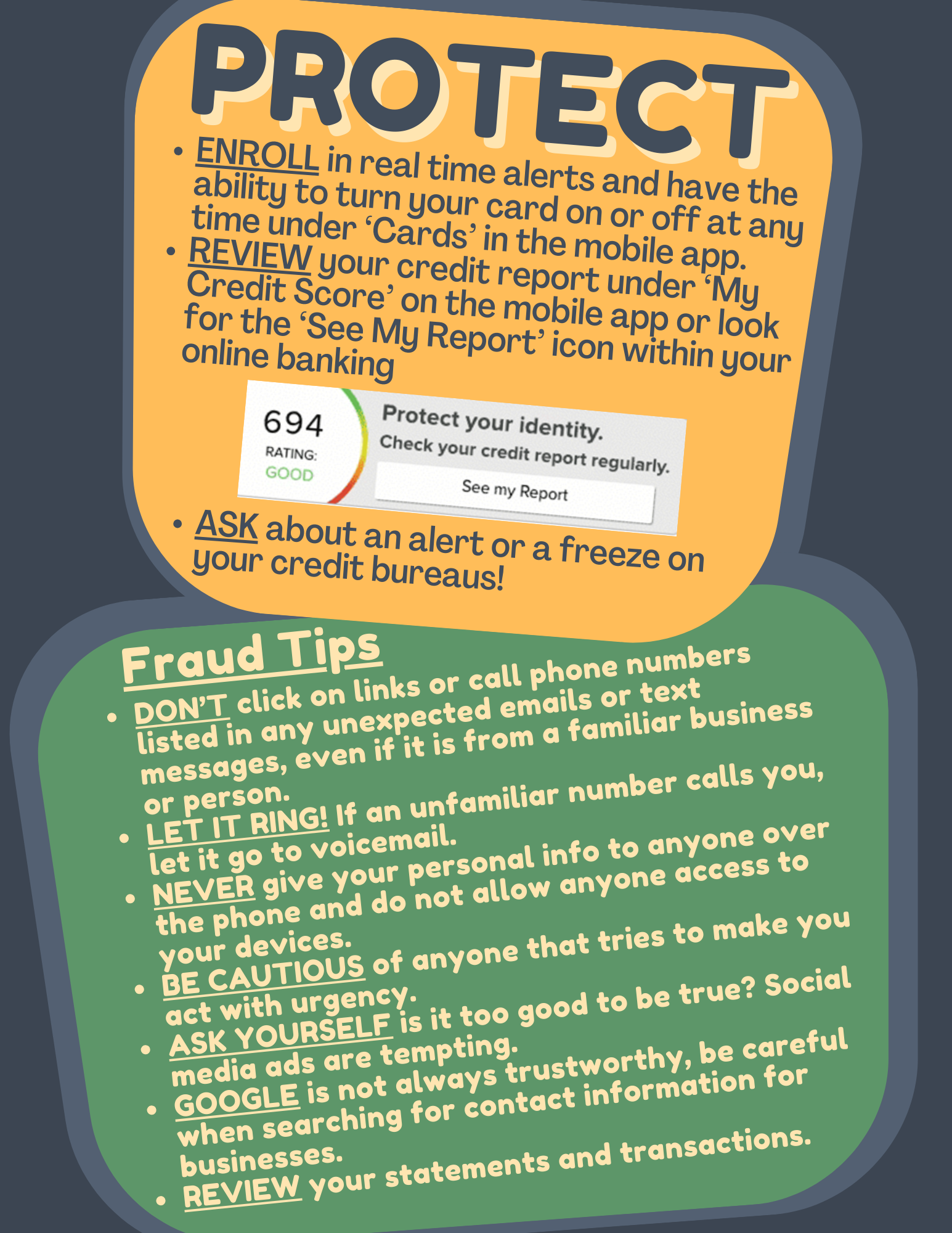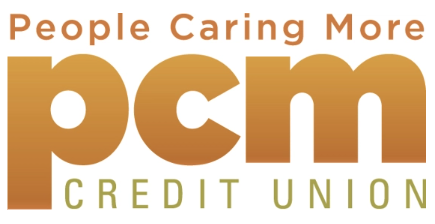This link will open up a new window and load the following page from an external website:
By clicking Continue you will be redirected from PCM Credit Union’s website to an externally-hosted website that is not controlled or affiliated with the credit union. PCM Credit Union is not responsible for the content or availability of linked third-party websites. Please be aware that the internal privacy and/or security controls of linked third-party websites may differ from those practiced by PCM Credit Union. Please be further advised that in the event a transaction takes place between you and the third-party host of the linked website, that PCM Credit Union does not represent the interests of either party in any such transaction.




